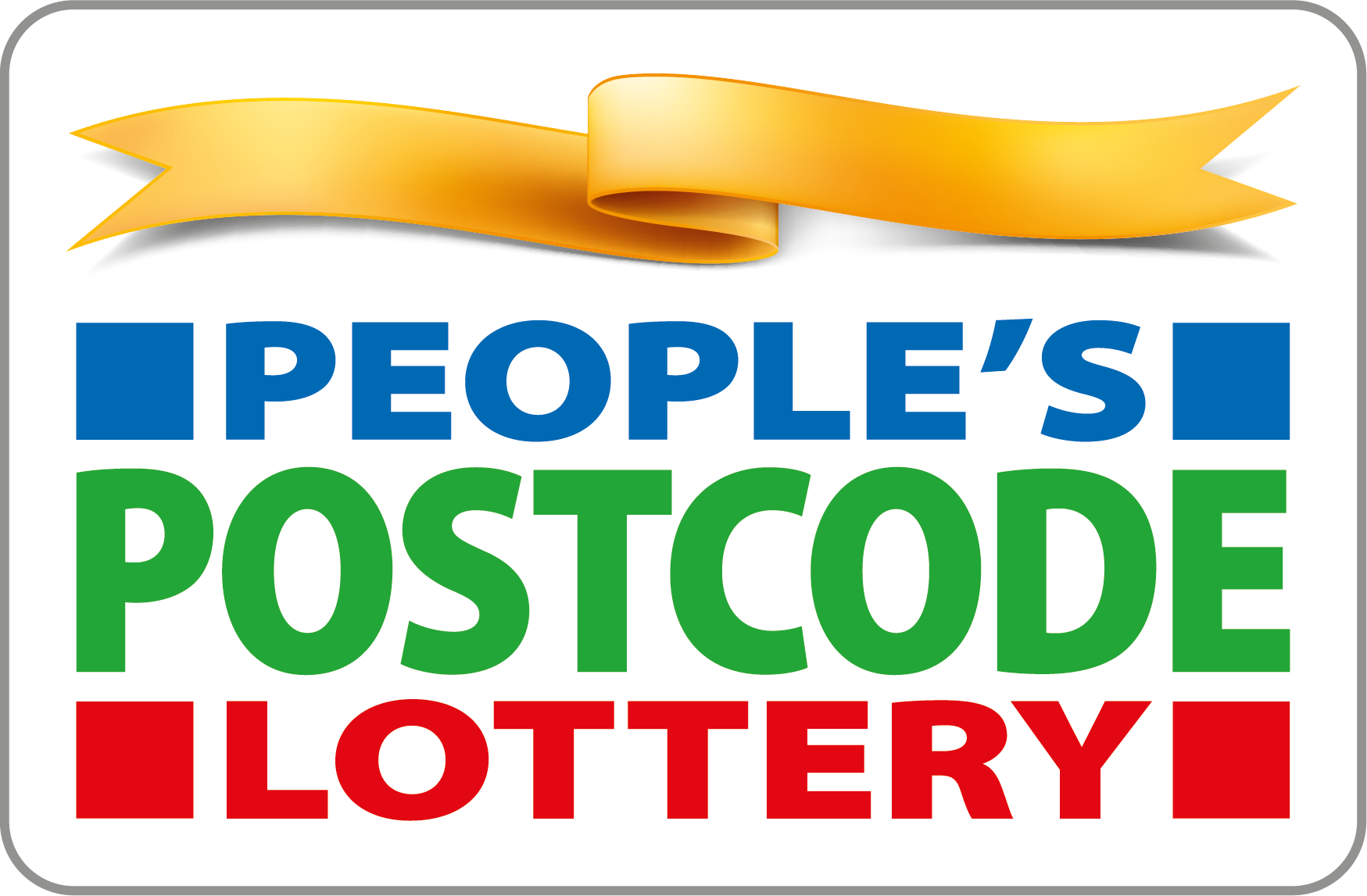14 November 2022
Share this story
The NSPCC has 12 Childline bases across the country manned by supervisors and approximately 1,200 volunteer counsellors. Children can get in touch anytime to talk confidentially on the phone on 0800 1111 or online at childline.org.uk.
Anti-Bullying Week
Childline works to support children on a vast range of issues all year round, but every year in November to coincide with Anti-Bullying Week, the service works to shine a light on this issue.
Our counsellors hear from thousands of children and young people every year who are being bullied.
For many children, we know the bullying they experience doesn’t just take place at school or in the playground, for some it also takes place online. Meaning it can happen at any time of day even when a child is in the comfort of their own bedroom.
Young people tell us the bullying makes them feel sad, stressed and lonely with many not knowing who to tell. Others who are being bullied online tell us they feel overwhelmed and that the bullying is inescapable.
This Anti-Bullying Week the theme is Reach Out. In line with this, the NPSCC’s Childline service wants to remind all children that if they are being bullied they can reach out to Childline, anytime, anywhere.
No matter what is happening, our counsellors are here to listen to every child.
Player Support
With thanks to £1 million in vital funding raised by players of People's Postcode Lottery, and awarded through Postcode Children’s Trust, the NSPCC’s Childline service is able to continue to be here for children who are being bullied, as well as those experiencing anything else that is worrying or upsetting them.
“When a child feels helpless about their situation, and they don’t know who to turn to for help, it is essential that they know that Childline is here for them all year around.
“The service takes a call from a child every 25 seconds and it’s thanks to the players' support, that our fantastic Childline counsellors can continue to be here every day as a vital lifeline for those young people to make sure they feel heard and supported and aren’t left to cope alone"
Sir Peter Wanless, CEO of NSPCC
